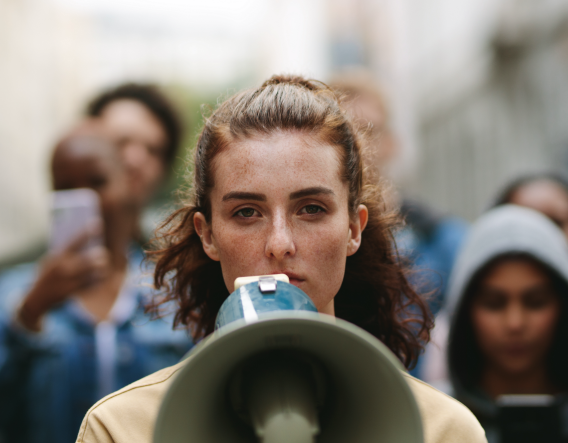



Traditionally, lawyers turn to the Paris Bar when their human rights are in danger. When fundamental freedoms are at stake or exercising the rights of defence is hindered, or even impossible, the Paris Bar is there to provide help and support.
Violations of the rule of law are becoming more and more frequent, and lawyers working on sensitive cases are more exposed and isolated now than ever. In view of this, the Paris Bar has decided to set up a shelter programme and respite scheme for lawyers under threat throughout the world.
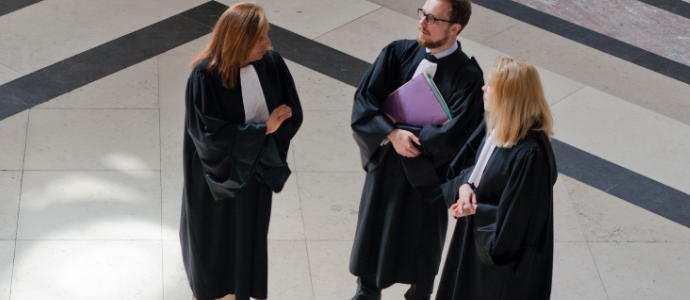
An innovative scheme
It seeks to give lawyers the opportunity to spend some time away from their respective countries and to escape the stressful and difficult situations that they operate in, and to keep those seen to be most at risk away from any immediate danger.
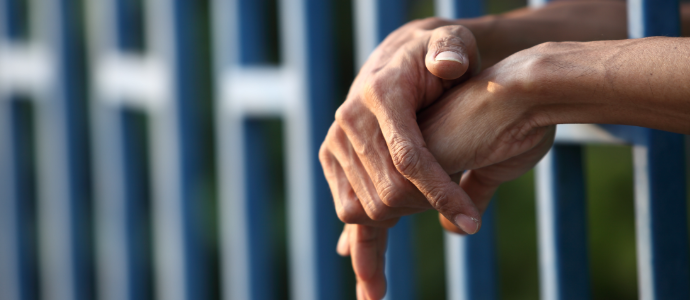
Lawyers in danger
Any lawyers who are in danger due to the nature of their work and sensitive cases they are dealing with can take part in the programme, irrespective of their country of origin.
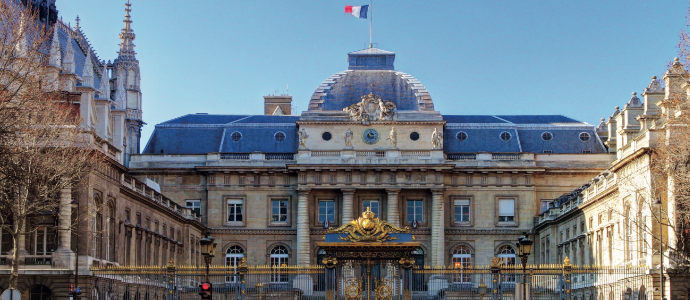
Respite scheme
Lawyers benefiting from the scheme will be hosted for a fixed period of between two weeks and three months.

An innovative scheme
This scheme seeks to give lawyers the opportunity to spend some time away from their respective countries and to escape the stressful and difficult situations that they operate in, and to keep those seen to be most at risk away from any immediate danger.
These lawyers may find some respite and experience the stress-free environment provided by the French capital. This is the first project of its kind for lawyers. Similar schemes do exist, but they are targeted at journalists, scientists and researchers, artists or human rights activists on a more general level.
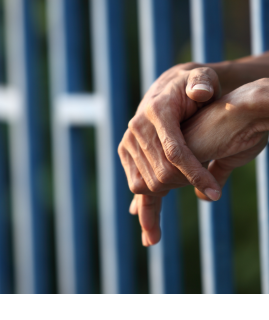
Lawyers in danger
Any lawyers who are in danger due to the nature of their work and sensitive cases they are dealing with, such as defending political opponents, journalists, those facing the death penalty, indigenous people, torture victims, LGBT persons, religious minorities, or cases involving corruption or the environment, can take part in the programme, irrespective of their country of origin.
Participants will be chosen based on set criteria, which will take into account how intense and imminent the risks they face are. The selection committee consisting of key figures in the Paris Bar will select the participants.

Respite scheme
Lawyers benefiting from the scheme will be hosted for a fixed period of between two weeks and three months. It is a short stay, whereby the scheme will provide temporary respite as opposed to help to those seeking exile. The programme will cover all costs and make the necessary arrangements for the lawyer’s stay, from departure to returning home (travel expenses, accommodation, living costs, etc.)
Specific arrangements will be made with the lawyers benefiting from the scheme, taking into account their personal and professional needs.
They will have a workplace separate from their accommodation, allowing them to keep abreast of their cases, so that they can re-establish a calm approach to their profession.
The partnership formed with the Ecole de formation des barreaux (EFB) means that lawyers taking part in the programme will be able to take training courses and access various different libraries and legal databases. In addition, training on cyber security will be offered. Meetings can also be arranged with organisations, the media and NGOs depending on the lawyers’ requirements.
Medical and psychological support will be offered routinely, for this respite period is also a time for the lawyers to take care of themselves.
A network of local volunteer “colleague-sponsors”, on hand to support lawyers taking part, will organise social and cultural activities to make the stay in Paris as sociable and productive as possible. “Colleague-sponsors” will namely be responsible for carrying out a follow-up when the lawyers return to their home countries, to prevent any kind of isolation and monitor their situations.